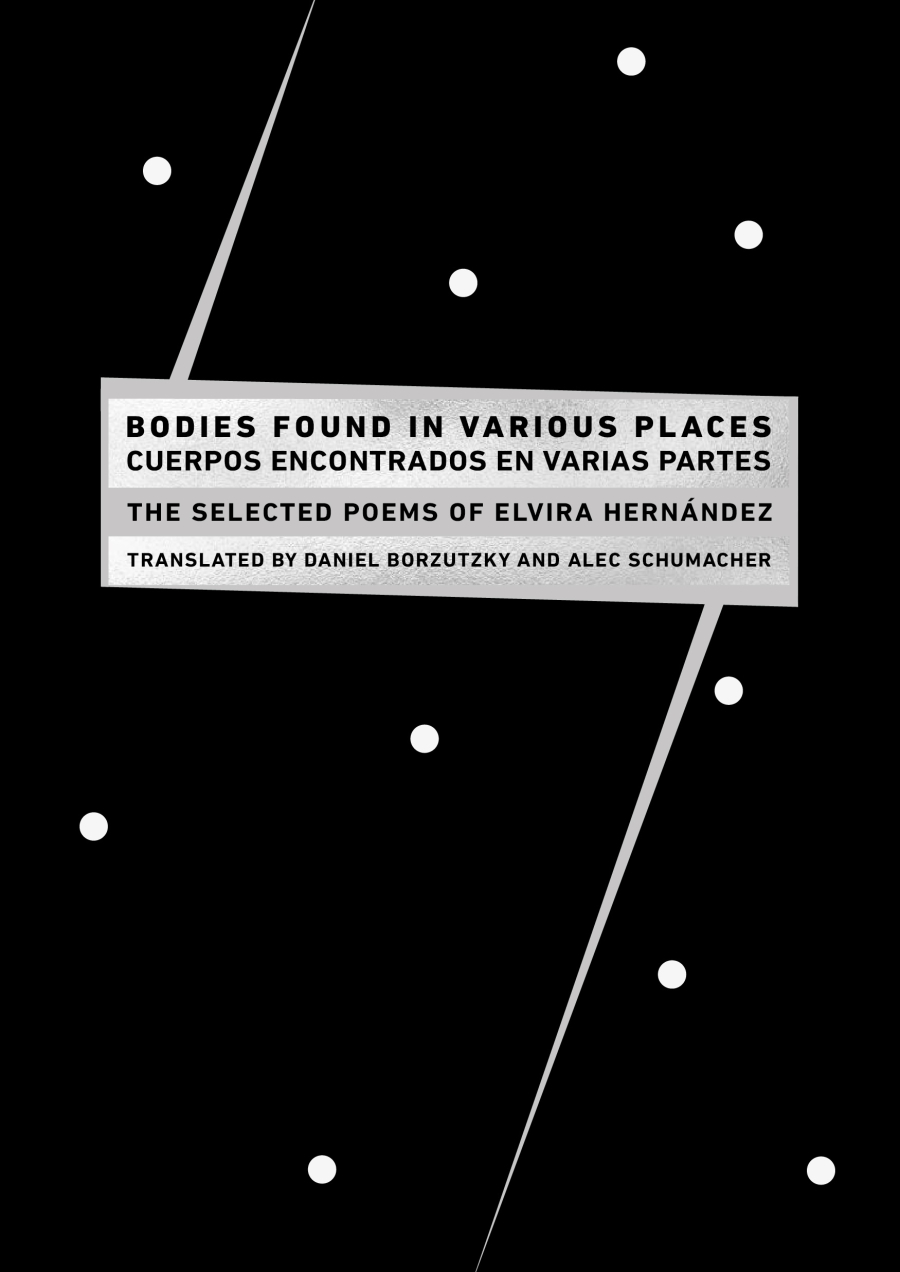
Being Human Is an Occult Practice
In the essay BEING HUMAN IS AN OCCULT PRACTICE, Zurawski argues that studying and sharing literature can function as a means of enriching the impoverished definition of human created by capitalist social relations. Beginning with an analysis of Robert Duncan's description of the moment in his high school classroom when he finds himself called into a life in poetry, this essay explores the possibilities of the literature classroom at the very moment that it's being dismantled by the neoliberalization of our university systems. Zurawski argues that the literary holds a revitalizing potential precisely because of its capacity of exceeding the narrow imaginative aims of life within our contemporary social order.
Magdalena Zurawski is the author of BEING HUMAN IS AN OCCULT PRACTICE (Ugly Duckling Presse, 2020), the novel The Bruise, which won the Ronald Sukenick Award from FC2 in 2008 and a LAMBDA literary award in 2009, and the collection of poems COMPANION ANIMAL, which was published by Litmus Press in 2015 and won a Norma Faber First Book Award from the Poetry Society of America. THE TINIEST MUZZLE SINGS SONGS OF FREEDOM (Wave Books, 2019) is her most recent poetry collection. Her poem/essay Don't Be Scared is available as a chapbook from The Operating System. As an undergraduate Magdalena studied with poets Rosmarie and Keith Waldrop, C.D. Wright, and Peter Gizzi. She has lived in Berlin, New York, Philadelphia, San Francisco, and Durham, NC where she ran the Minor American Reading Series. She is currently Associate Professor of English and Creative Writing at the University of Georgia, where she directs the Creative Writing Program.
Language: English



.jpg)



